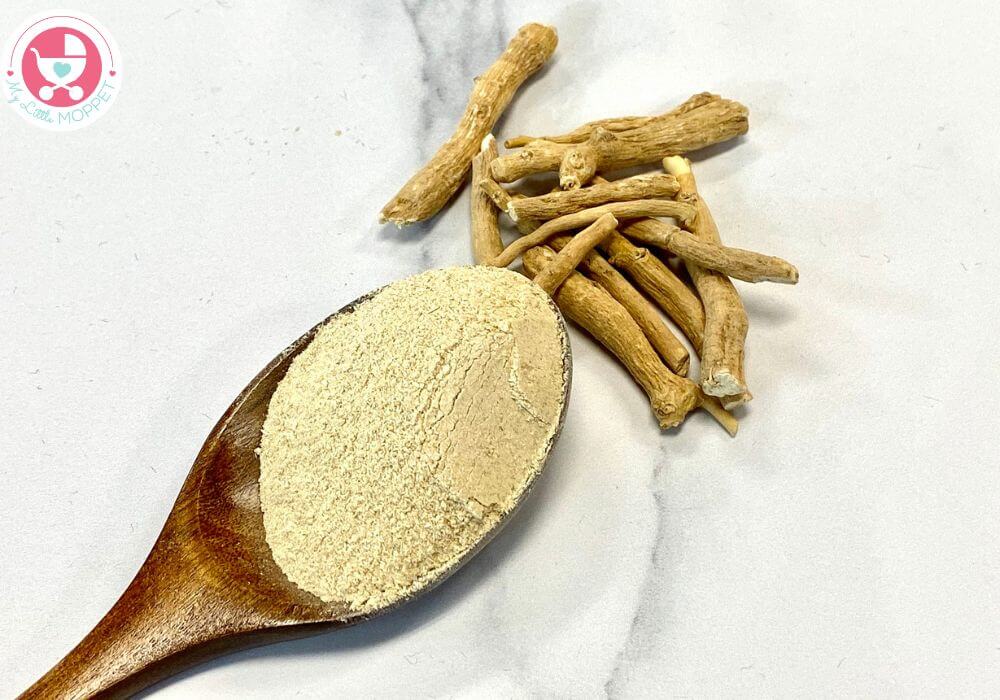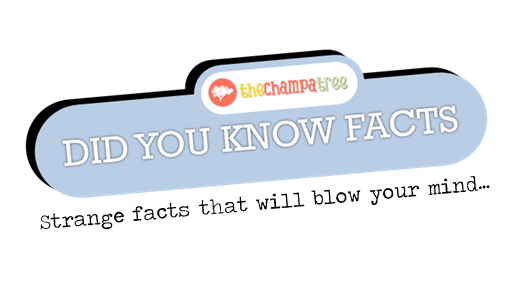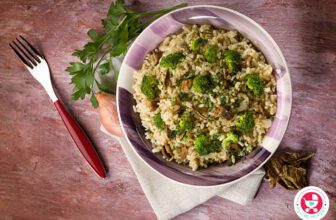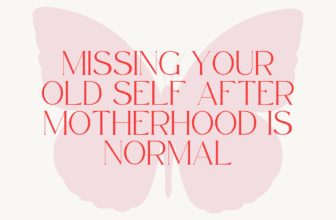
Is Ashwagandha for Kids safe? Today, we take a deep dive into what Ashwagandha is, its risks and benefits, and what parents need to do.
If you’ve been anywhere near social media, you may have noticed that everyone has become hooked on the Ashwagandha trend. It started when celebrities like Jennifer Aniston, Meghan Markle, Oprah Winfrey, Kourtney Kardashian, and Jennifer Lopez vouched for the benefits of the herb, which thrust it into the spotlight.
However, Ashwagandha’s popularity isn’t limited to adults; parents have started wondering if the benefits can extend to kids. You may also have noticed some children’s products that now claim to contain Ashwagandha. If you’re a parent, it’s a good time to learn more about what this seemingly ‘wonder herb’ actually is and whether Ashwagandha for kids is a good idea.
What is Ashwagandha?

Ashwagandha’s scientific name is Withania somnifera, and it’s also known as Indian ginseng or winter cherry. However, it is not to be confused with American ginseng or Panax ginseng. Ashwagandha is grown in the dry regions of the Indian subcontinent, as well as of the Middle East and parts of Africa.
Ashwagandha’s etymology is quite interesting; in Latin, somnifera means ‘sleep-inducing’. However, in Sanskrit, ‘ashwa’ means horse and ‘gandha’ means smell, referring to its horse-like smell.
Ashwagandha has been used in Ayurveda for centuries, and today it is available as powder, capsules, drops, or gummies.
General Benefits of Ashwagandha

- Ashwagandha is believed to be useful in treating anxiety disorders and reducing stress
- There have been a few studies that showed that Ashwagandha can improve sleep quality and quantity
- It may improve muscle strength as well as oxygen use, enhancing athletic performance
- Regular consumption of ashwagandha may reduce inflammation in the body
- Ashwagandha may improve cognitive function, including memory and attention span
- Some studies show that it may help children with ADHD by increasing the levels of dopamine and norepinephrine in the brain, neurotransmitters believed to be reduced in children with ADHD
Despite these benefits, ashwagandha is not recommended for certain people:
- Pregnant and breastfeeding women
- Men with prostate cancer or hormonal issues
- Patients suffering from thyroid issues or autoimmune disorders
- People with existing liver problems
- Anyone about to have surgery or who has just had surgery
- People taking medicines like barbiturates, benzodiazepines, and anticonvulsants
You’ll notice that this list doesn’t include children. So what about Ashwagandha for kids – is it safe?
While many people consider herbal supplements like Ashwagandha natural and hence harmless, that is not always the case. The American Academy of Family Physicians says that supplements affect children’s bodies differently, which is why they need extra caution.

1. Limited Research
The biggest concern when it comes to Ashwagandha for kids is that there isn’t sufficient research on the subject. Most of the studies done so far have been on adults, and even that is incomplete.
Children’s bodies are still developing and they react to substances differently from adults, which is why the lack of research is concerning. The few studies that have been done on children aren’t strong enough.
For instance, a study of 111 children published in the AYU journal found hardly any significant improvement after 1.5 months of Ashwagandha treatment. What’s more, nearly 80% of the subjects were boys, and the study did not cover adolescents at all. This shows that a lot of research is still needed when it comes to Ashwagandha for kids, with much larger sample sizes and longer study periods.
2. Potential Side Effects
Contrary to what most people think, everything ‘natural’ or ‘herbal’ is not devoid of side effects. At the end of the day, Ashwagandha is an adaptogen that can affect hormones. This makes Ashwagandha for kids a rather tricky proposition.
Some of the reported side effects of orally consuming Ashwagandha are:
- Gastrointestinal discomfort
- Diarrhea
- Nausea or vomiting
- Headache
- Drowsiness
- Hormonal imbalances
- Toxicity in the liver
These are serious enough in adults, but could even prove fatal in children.
3. Lack of Regulation
Since children’s bodies are so vulnerable, we tend to think twice about everything that goes in. That’s where Ashwagandha for kids enters murky territory. Since it’s a herbal supplement, it’s not approved by the U.S. Food and Drug Administration (FDA) – particularly for use in children.
While studies are ongoing, currently approvals are still pending, and offering your child a non-FDA product can be risky. Unfortunately, simply being natural does not mean it’s automatically kid-safe.

4. Overstimulation of the Immune System
One of ashwagandha’s proclaimed benefits is that it boosts immunity, which sounds like a good thing for children. However, this can be a problem for children who are suffering from autoimmune diseases or whose immune systems are otherwise compromised.
In such situations, the immune system can get overstimulated, leading to other complications. For children with chronic health conditions, ashwagandha can do more harm than good.
5. Interaction with Medications
As mentioned earlier, there’s hardly any good quality research on Ashwagandha for kids, which includes studies on the interaction of Ashwagandha with medications.
If a child is already on medication for any condition like ADHD, adding Ashwagandha into the mix could complicate matters, and there’s no saying how the interaction could turn out. This could be particularly severe for children with serious health conditions.
6. Risk of Overdose
Since the research is limited and there are no regulations, the question of dosage for kids can be a little confusing. For most adults, a dosage of 250–500 mg is considered safe, but going beyond the prescribed dose for a long time can result in adverse effects.
When parents try to reduce this dosage for children without proper guidelines, it can still result in an overdose, considering how vulnerable children’s bodies are. Such an overdose can be dangerous, especially for younger kids.
Tips for Parents regarding Ashwagandha for Kids

- Consult your child’s pediatrician before administering any kind of herbal supplements, including ashwagandha
- Never give a child under 5 adaptogens like Ashwagandha
- Before offering your child something from a packet, search the ingredient list for adaptogens
- Try to include all food groups in your child’s diet, so that they get all the nutrients they need
- Make sure your child gets enough activity during the day, including time outdoors
- Practice good sleep hygiene with your child, limiting screens and putting them to bed early
- If you do decide to go with Ashwagandha for kids, be very careful about the dosage
- Keep an eye out for any side effects; if you notice anything, go to the doctor right away

So the final question – should you give your child Ashwagandha or not?
Yes, Ashwagandha has seemed to help many people, especially concerning sleep and anxiety issues. However, this applies to adults, and as we know, kids are a completely different ballgame. Ultimately, it’s up to the parents to consider the risks and potential benefits and make a call about whether ashwagandha for kids is the right option for them right now.
The American Academy of Pediatrics cautions against the use of herbal supplements without consulting your child’s pediatrician, so if you’re still unsure, be sure to speak to your doctor first. It’s easy to get drawn into trending treatments, especially when well-known people vouch for them, but remember, it’s safest to follow the science and get advice from professionals.
References:
Buy Healthy Nutritious Baby, Toddler food made by our own Doctor Mom !
Disclaimer: This content was automatically imported from a third-party source via RSS feed. The original source is: https://www.mylittlemoppet.com/ashwagandha-for-kids/. xn--babytilbehr-pgb.com does not claim ownership of this content. All rights remain with the original publisher.







